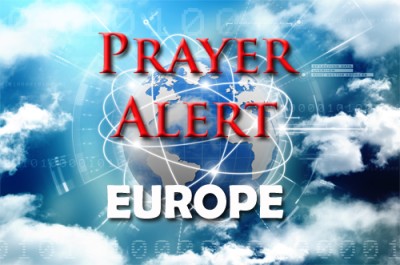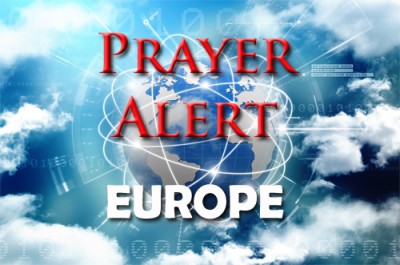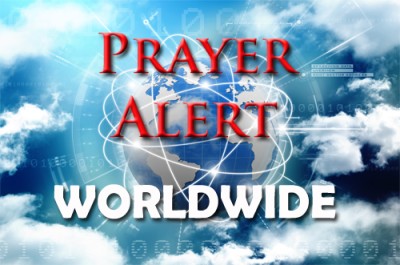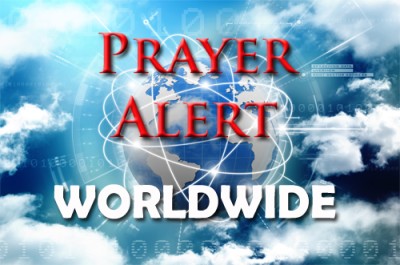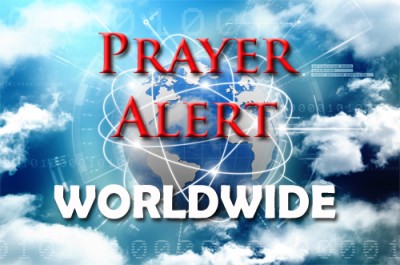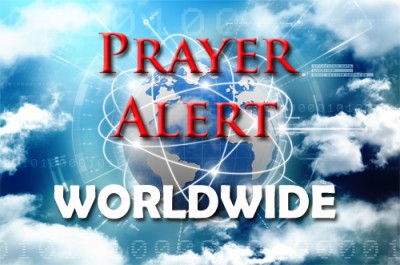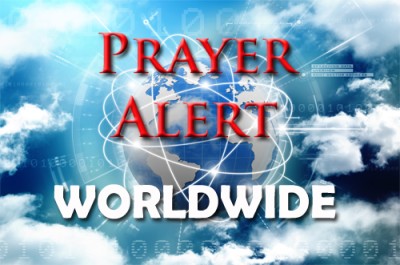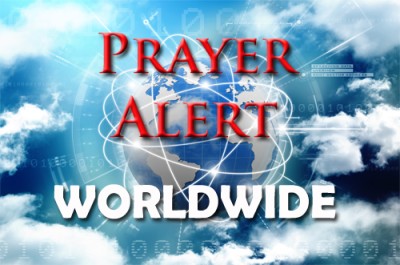France: new PM to be named within 48 hours?
09 Oct 2025Emmanuel Macron is expected to appoint a new prime minister within 48 hours, following the abrupt resignation of Sébastien Lecornu’s government just 14 hours after being named. Lecornu, asked to outline a path forward, concluded that most lawmakers oppose snap elections and that a narrow parliamentary plurality could support a 2026 budget aimed at reducing France’s deficit, projected at 5.4 percent of GDP. Macron now faces the challenge of naming a leader capable of governing without a parliamentary majority - the same obstacle that brought down Lecornu’s predecessors. Choosing a centre-left prime minister from the Socialist Party could help build a coalition but would probably reignite controversy over Macron’s contested pension reform, which raised the retirement age. With political divisions deepening, Macron has yet to comment publicly, while far-right leader Marine Le Pen and her party have said they would vote to topple any new prime minister named before new elections, intensifying France’s ongoing political instability. For an assessment of Macron’s options, see
The European Commission has proposed halving the volume of steel imports entering the EU duty-free - from 30.5 million to 18.3 million tonnes annually - and doubling tariffs on imports exceeding that quota to 50%. The move, announced by EC president Ursula van den Leyen, aims to protect the struggling European steel industry, which operates at just 67 percent capacity and faces heavy competition from cheap, subsidised steel, especially from China. Global steel overcapacity, now at 600 million tonnes, is projected to exceed 720 million next year, pressurising European producers and leading to the loss of 18,000 jobs across the bloc. The new measures, including a ‘melt and pour’ rule to trace steel origins, are designed to curb tariff circumvention and lift EU production to 80% capacity use. While the plan also affects US imports, Brussels hopes for cooperation with Washington to address global surpluses. The proposal now awaits approval from EU member states and the European Parliament.
After three days of indirect talks in Egypt, Donald Trump announced that Israel and Hamas have ‘signed off’ on the first phase of his twenty-point peace plan to end the Gaza war. The agreement, expected to be approved by Israel’s cabinet, includes an immediate ceasefire and the release of all remaining living hostages - around 20 people - within 72 hours. Israel will begin withdrawing troops to a line controlling roughly 53% of Gaza, while Hamas will return the bodies of 28 dead hostages. In exchange, Israel will release about 250 Palestinian prisoners serving life sentences and 1,700 Gaza detainees, but not including key figures like Marwan Barghouti. Hundreds of aid trucks will begin entering Gaza daily to address famine conditions. Later phases of the plan envision Gaza’s demilitarisation, temporary rule by Palestinian technocrats under an international ‘Board of Peace’ chaired by Trump, and eventual transfer to a reformed Palestinian Authority - points that remain deeply contentious between Israel and Hamas. Earlier in the week, on 7 October, 30,000 gathered in Tel Aviv in an emotional event marking the second anniversary of Hamas’s attacks: see
The strengthened commitment by China to cutting emissions and expanding renewable energy production may well accelerate Southeast Asia’s transition to a low-carbon economy. Analysts note that, as one of ASEAN’s key investors and trading partners in clean technology, China’s policies could encourage member states to attract more green investment while pursuing economic growth. Xi Jinping’s new climate targets include reducing greenhouse gas emissions by up to 10 percent from peak levels by 2035, expanding wind and solar capacity to 3,600 gigawatts, and increasing nonfossil fuels to over 30 percent of total energy use. Experts say these goals will boost affordable renewable technologies (eg solar panels, wind turbines, and batteries) across ASEAN, fostering energy security and resilience. China’s $2.7 billion clean-energy investment and $4.3 billion trade with ASEAN could inspire other members to align with the global shift toward sustainable development and climate responsibility.
USA: government shutdown now in its second week
09 Oct 2025The US government shutdown has entered its second week as the Senate again failed to pass competing bills to restore funding, deepening the political stalemate. Democrats and Republicans remain divided over whether to pair any funding bill with healthcare measures, particularly an extension of Affordable Care Act premium tax credits set to expire at the end of the year. The lapse in funding has forced federal offices, national parks, and agencies to close, with mounting pressure from unpaid workers and disruptions at airports and air traffic control centres (see) House speaker Mike Johnson insists the GOP’s short-term funding bill is sufficient, while a top Democrat has accused Republicans of refusing to negotiate. Donald Trump continues to urge Democrats to accept the Republican plan, though some within the GOP have hinted at compromise. Without agreement, hundreds of thousands of military and civilian personnel will soon miss paychecks, further straining families and testing public patience with political gridlock.
The military government of Burkina Faso has arrested eight employees of the Netherlands-based International NGO Safety Organisation (INSO), accusing them of ‘spying and treason’. The security minister claims that the group, which includes citizens from France, the Czech Republic, Mali, Senegal, and Burkina Faso, continued operating after a three-month ban for allegedly collecting sensitive security data without authorisation; allegedly they passed information harmful to national security to foreign powers. INSO, which specialises in providing safety support for humanitarian operations, categorically rejected the accusations, insisting that all data it gathers is public and used solely to protect aid workers. The arrests come amid Burkina Faso’s growing estrangement from Western nations and its realignment with Russia, along with Mali and Niger. The ruling junta continues to battle armed groups linked to al-Qaeda, while facing criticism from human rights organisations over alleged abuses by its forces and allied militias.
Brazil: Lula talks with Trump about tariffs
09 Oct 2025President Luiz Inácio Lula da Silva has urged Donald Trump to remove the 40% tariff recently imposed on Brazilian imports. The two leaders held a thirty-minute phone conversation, exchanging direct contact numbers and discussing trade and economic cooperation. Lula reiterated his invitation for Trump to attend the upcoming climate summit in Belém and said that Brazil remains one of the few G20 nations with which the United States enjoys a trade surplus. Trump described the discussion as positive, noting plans for future meetings in both countries. The tariffs, added to an earlier 10% duty, were justified by the Trump administration as a response to Brazil’s internal political instability following former president Jair Bolsonaro’s conviction for attempting a coup. Despite tensions, the leaders’ dialogue signals an effort to preserve economic ties and foster mutual understanding between the Western Hemisphere’s two largest democracies.
In Malaysia, a pocket-sized multipurpose hacking device capable of reading and emulating credit cards, cloning simple RFID tags, and recording older car key fob codes is being sold openly on popular e-commerce platforms. Marketed variously as a novelty gadget, handheld gaming device, or robotic kit, prices range from £26 to £300; units are sourced locally and from overseas. Short videos show the tool opening hotel doors and mimicking access credentials, raising alarms about theft, fraud, and privacy breaches. Experts say it cannot copy modern rolling codes used in many new cars, but when paired with custom firmware or signal analysers it could probe vulnerable legacy systems. Researchers and academics stress legitimate uses for hobbyists and security testing while urging sensible regulation: clearer labelling, age verification, user guidance, and targeted laws that criminalise illegal use rather than impose blanket bans.
